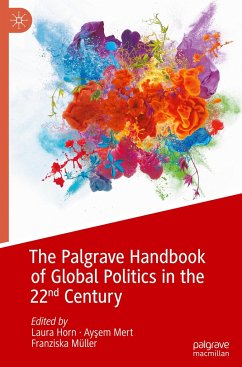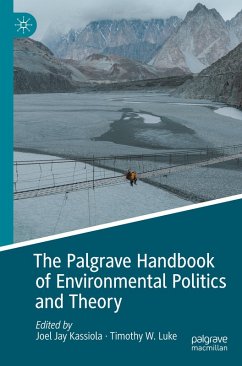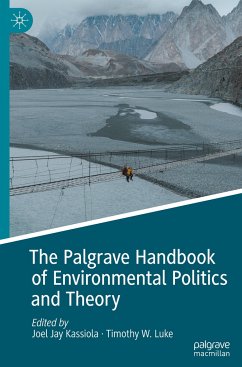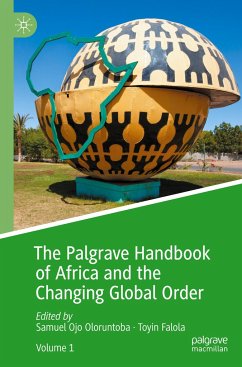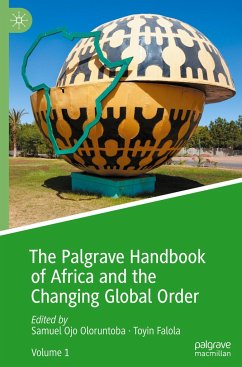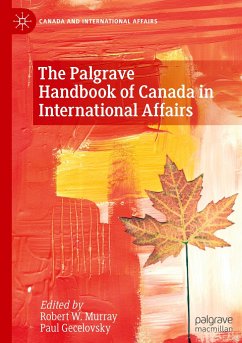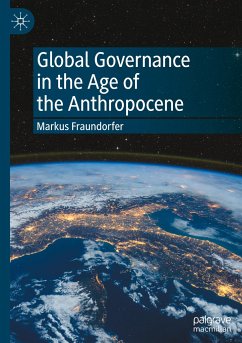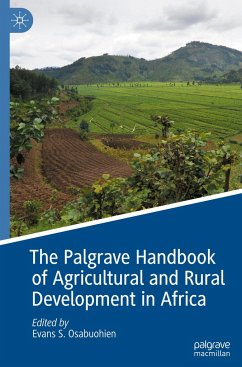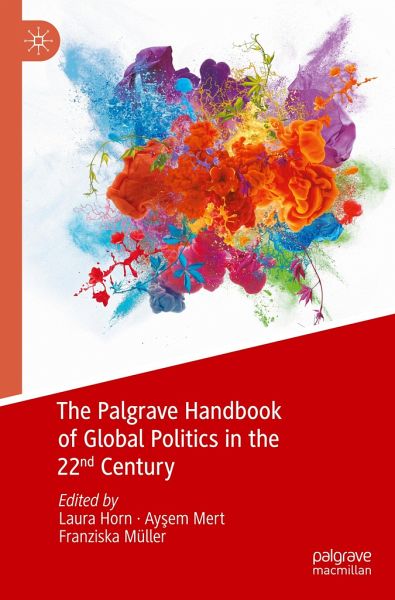
The Palgrave Handbook of Global Politics in the 22nd Century
Versandkostenfrei!
Versandfertig in 6-10 Tagen
166,99 €
inkl. MwSt.

PAYBACK Punkte
83 °P sammeln!
This handbook offers a unique approach to the question: How do scholars write the future of global politics? Written in futur antérieur style, around the 200-year anniversary of the birth of International Relations (IR) as an academic discipline, the contributions engage in world-building and imagine different futures of IR. Set in a multiverse, 23 chapters draw on a range of possible themes and imaginaries, for instance post-pandemic conditions, the Anthropocene, and not least academic practices and the role of researchers. A concluding chapter anchors these explorations in contemporary disc...
This handbook offers a unique approach to the question: How do scholars write the future of global politics? Written in futur antérieur style, around the 200-year anniversary of the birth of International Relations (IR) as an academic discipline, the contributions engage in world-building and imagine different futures of IR. Set in a multiverse, 23 chapters draw on a range of possible themes and imaginaries, for instance post-pandemic conditions, the Anthropocene, and not least academic practices and the role of researchers. A concluding chapter anchors these explorations in contemporary discussions.
The book mirrors the format and style of existing handbooks, combining outlines and discussions of theories, structures, processes, and core issues in IR with an academic science fiction account of how these might play out over the course of the next century. In doing so, the book challenges IR and provides alternative imaginaries, rather than predicting future conditionsfor all humanity. The book invites readers to reflect on how thinking about the future has become an increasingly radical, but more than ever necessary act.
The book mirrors the format and style of existing handbooks, combining outlines and discussions of theories, structures, processes, and core issues in IR with an academic science fiction account of how these might play out over the course of the next century. In doing so, the book challenges IR and provides alternative imaginaries, rather than predicting future conditionsfor all humanity. The book invites readers to reflect on how thinking about the future has become an increasingly radical, but more than ever necessary act.



